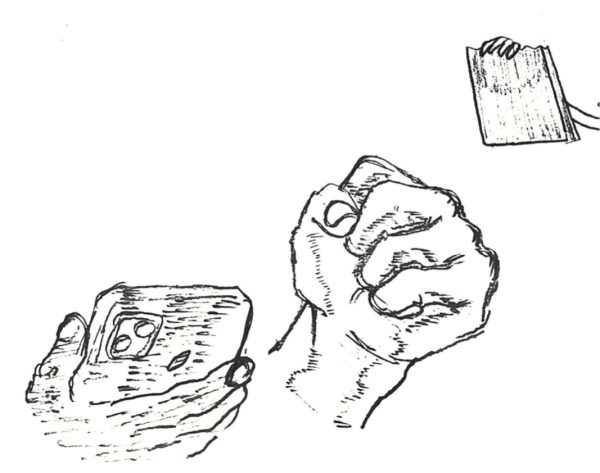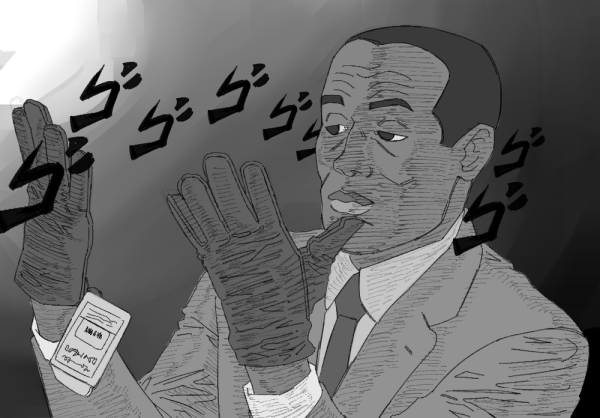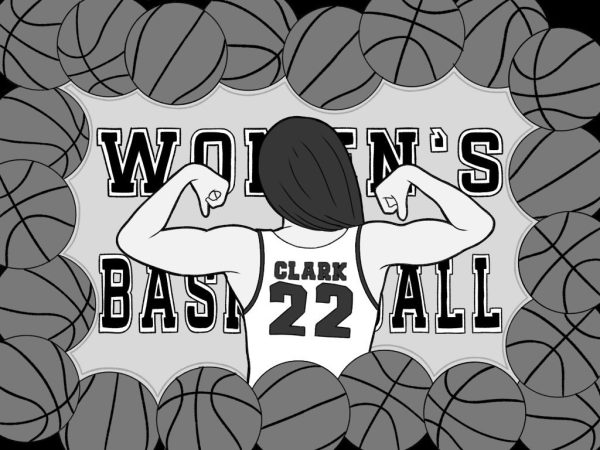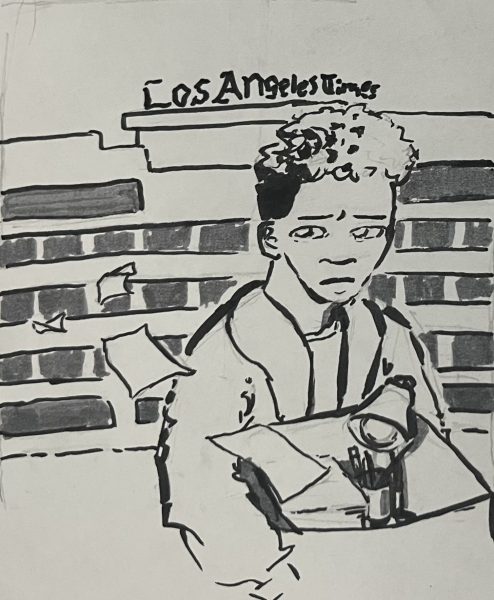How to be an Effective Trans Ally
October 26, 2017
In recent times, transgender people have gained more visibility in movies, TV shows, and the general public. Almost 0.7% of all American teenagers identify as transgender, according to a January 2017 study conducted at UCLA. It may not seem like a big number, but that’s around 150,000 trans teenagers in this country. An even larger population are trans adults. Since trans people are gaining more visibility and more people feel comfortable coming out, it is important to get informed on how you can be a good ally and respect transgender individuals.
The first and most important tip is to use their preferred name and pronouns you would use when talking about them to someone else. If you just met someone who is trans, ask them their pronouns! It isn’t awkward and it’s a great convenience to trans people who might feel nervous bringing it up. If someone you know just came out as trans, do your best to use their new name and pronouns; it isn’t hard to do. We understand slip-ups happen, just quickly correct yourself and pretend it didn’t happen. Sometimes the overt and long apologies get awkward, and they draw unnecessary attention to the person.
Most trans people feel uncomfortable when people talk about them before they came out. Avoid saying things like “___ was a girl” or “___ used to be a boy”. It’s a touchy subject that most trans people don’t like to talk about. Many trans people do not feel comfortable with their gender assigned at birth, or rarely even thought of themselves as that gender in their life. It’s usually not said in a malicious way, but think before you say something along those lines.
This probably shouldn’t have to be said, but don’t ask us about our body parts or what “surgeries” we plan to get. Unless you’re a fellow trans person, it’s really uncomfortable and just plain weird. You don’t ask a cisgender person about their body. What do you think gives you the right to ask a transgender person? Refrain from asking weird questions. If you’re that curious, use Google.
Don’t try to police a trans person about their appearance. Some of us are comfortable in our looks, others are not. Avoid saying things like “But you don’t look like a boy or girl,” or “If you’re a boy or girl, why are you wearing that?” Some trans people don’t want to adhere to strict gender roles. A trans person can wear whatever they choose. They should be able to wear want they want without their identity being questioned.
The compliments you may think are sincere, can be kind of backhanded. We know compliments like “You’re trans and look better than me!” come from a good place, but it gives us the impression that just because we are transgender, we can’t be as attractive as a cisgender person. Don’t compare trans people to cis people. If you want to tell a trans person they look good, tell them! Just don’t compare them to cis people while you do it.
Another very important suggestion: don’t be downright disrespectful. Don’t harass a trans person by making remarks like “You’re not a real boy or girl unless you get the surgery,” “Your gender doesn’t exist,” “I think you’re just confused or going through a phase.” All of these are just blatantly transphobic. Trans people don’t owe you a thorough explanation of why they identify the way they do. If you have something disrespectful to say: back up, re-evaluate yourself, and don’t say it at all.
All in all, just be nice and don’t say anything that could be perceived as transphobic. We deserve just as much respect as you do.









